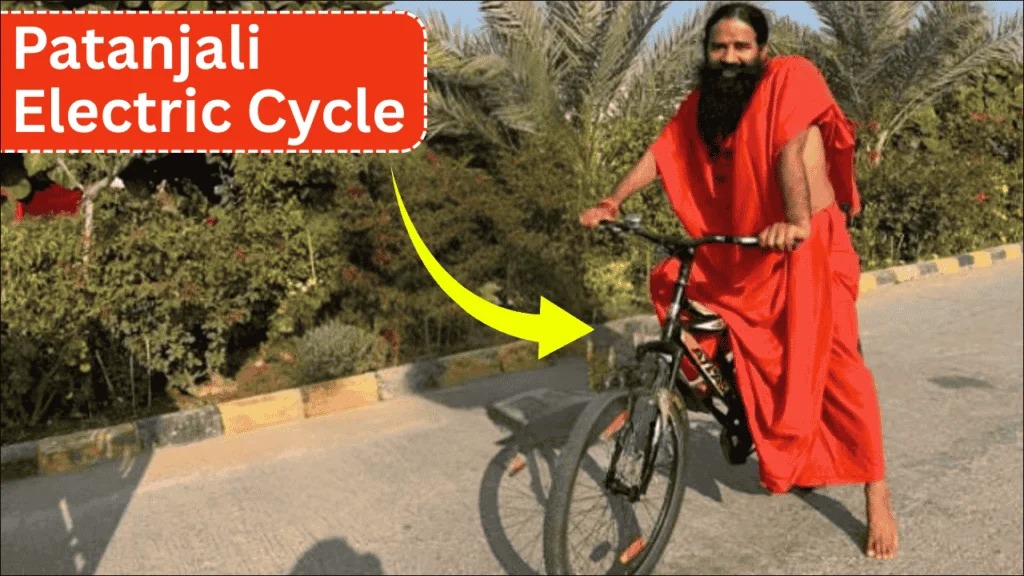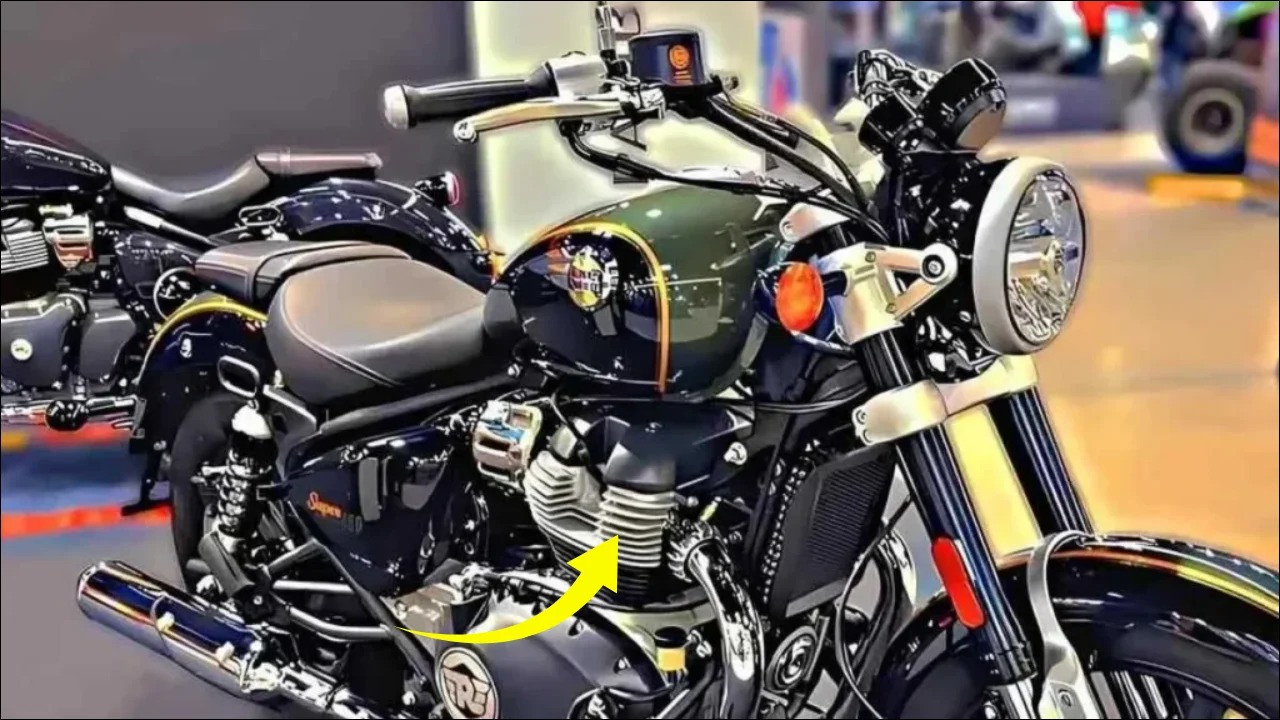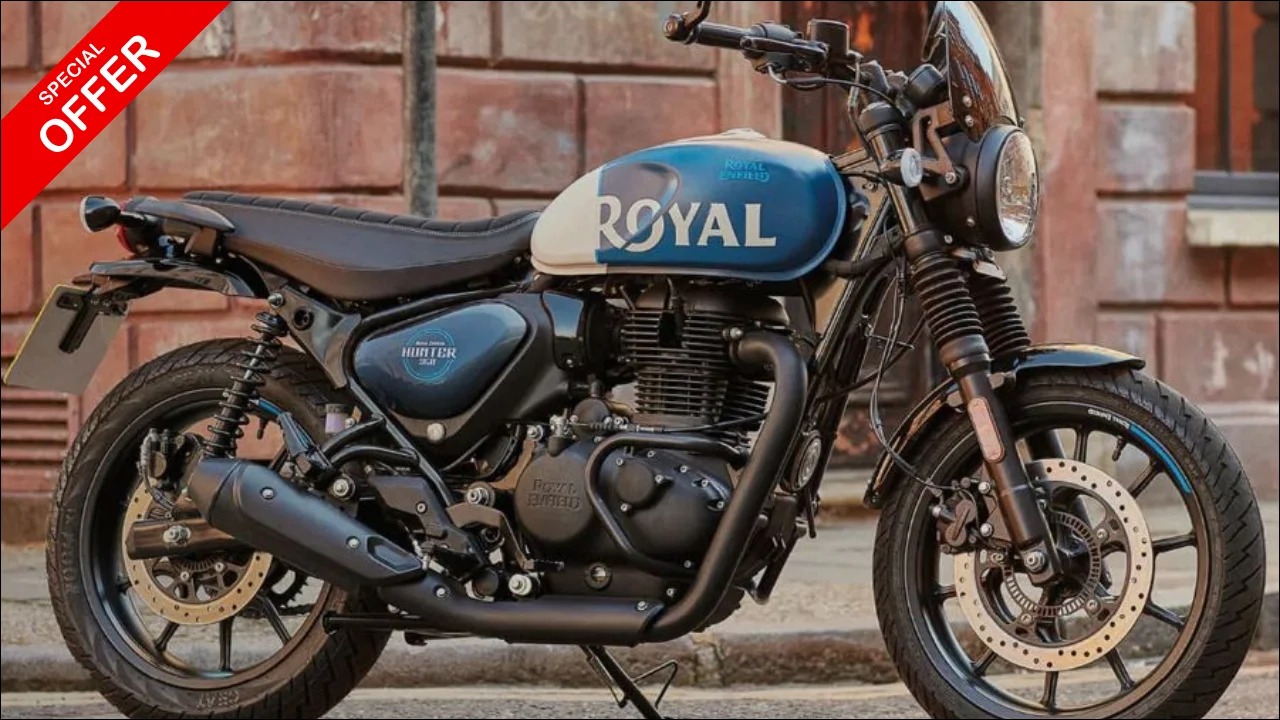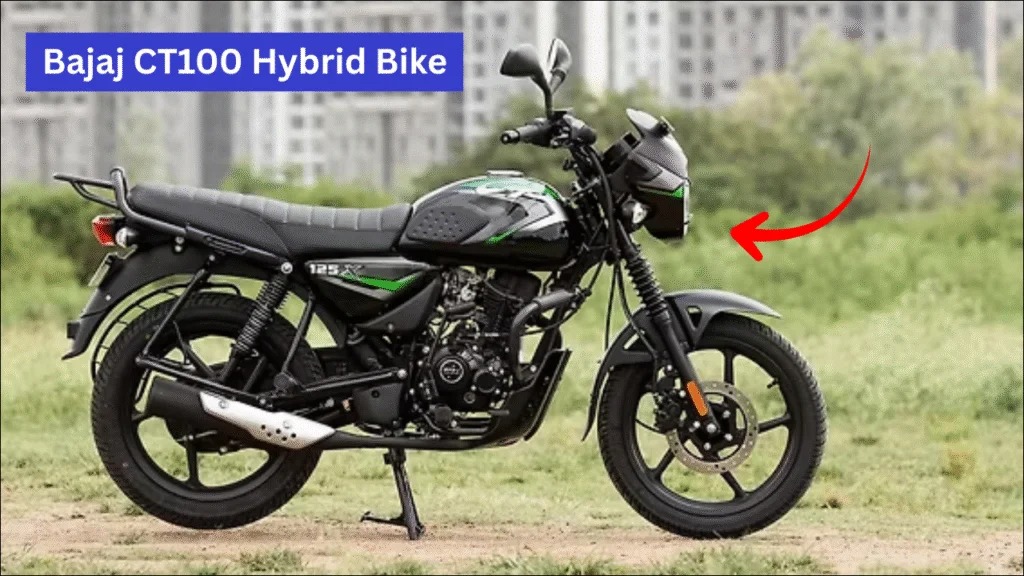
Patanjali Ayurved, primarily known for FMCG products, has reportedly entered the electric bicycle market with an ambitious offering. The Patanjali Electric Cycle 2025 claims to deliver an impressive 200km range at a competitive price point, marking the company’s foray into sustainable mobility solutions.
Table of Contents
A Surprising Entry
Patanjali’s potential entry into the electric bicycle segment represents a significant diversification from its core business. The company aims to leverage its “Make in India” philosophy and cost-effective manufacturing to disrupt the growing e-bike market.
This move aligns with India’s push toward sustainable transportation and the government’s focus on electric mobility. Patanjali’s extensive distribution network could provide a competitive advantage in reaching tier-2 and tier-3 cities.
However, buyers should note that official details remain limited, and it’s advisable to wait for confirmed specifications and pricing before making purchase decisions.
Claimed 200km Range
The headline feature is the claimed 200km range on a single charge, which would position it among the longest-range electric bicycles in India. This impressive range could eliminate the primary concern of daily charging.
If accurate, this range would be achieved through a high-capacity lithium-ion battery pack combined with efficient power management systems. Multiple riding modes would likely allow users to optimize between range and performance.
For daily commuters covering 20-30km, a single charge could potentially last an entire week, offering exceptional convenience and reducing charging frequency concerns.
Expected Technical Specifications
| Specification | Details (Expected) |
|---|---|
| Range | Up to 200 km (claimed) |
| Battery Type | Lithium-ion |
| Motor Power | 250W – 350W (estimated) |
| Top Speed | 25-30 km/h |
| Charging Time | 5-7 hours (estimated) |
| Frame Material | Steel/Aluminum alloy |
| Weight | ~28 kg (approx.) |
| Load Capacity | 120 kg (estimated) |
| Expected Price | ₹25,000 – 35,000 |
Affordable Pricing Strategy
Patanjali’s core strength lies in offering affordable products, and the electric cycle is expected to follow this philosophy. Estimated pricing between ₹25,000 – 35,000 would make it significantly cheaper than established brands.
This competitive pricing could democratize electric bicycle adoption in India, making sustainable mobility accessible to middle-class families and students. The value proposition centers on balancing affordability with decent specifications.
However, buyers should carefully evaluate build quality, after-sales support, and actual performance before committing to purchase based solely on attractive pricing.
Expected Features
The Patanjali e-bicycle is likely to include basic features such as LED lighting for night visibility, a digital display showing speed and battery level, and multiple pedal-assist modes.
Additional expected features include puncture-resistant tires, disc brakes for reliable stopping, adjustable seat height, and a rear carrier for cargo. The design would probably focus on practicality over premium aesthetics.
A removable battery design would allow convenient indoor charging, eliminating the need to bring the entire bicycle inside for charging purposes.
Design and Build
Based on Patanjali’s product philosophy, the electric cycle would likely feature a sturdy, no-nonsense design prioritizing functionality and durability over flashy styling.
The frame construction would need to be robust enough to handle Indian road conditions, weight loads, and daily use. Quality of components like brakes, tires, and electrical systems would be crucial for long-term reliability.
Practical Considerations
While Patanjali’s entry into electric bicycles is interesting, several practical questions remain unanswered. The company’s lack of experience in vehicle manufacturing raises concerns about product quality and reliability.
After-sales service network for electric bicycles would be critical but currently unclear. Availability of spare parts, battery replacement costs, and service accessibility are important factors that need clarification.
Warranty coverage details, especially for the battery and motor—the most expensive components—should be thoroughly understood before purchase.
Market Competition
The electric bicycle market in India is rapidly growing with established players like Hero Electric, EMotorad, and international brands offering proven products. Patanjali would need to compete not just on price but also on quality and service.
Brand trust in the mobility segment differs from FMCG products. Customers seek proven reliability and robust after-sales support, areas where Patanjali has no track record in the vehicle industry.
The Verdict: Wait and Watch
While the concept of an affordable 200km range electric bicycle sounds attractive, potential buyers should approach with caution. Wait for official launch, independent reviews, and real-world testing before making purchase decisions.
Verify actual range in real-world conditions, test build quality, understand warranty terms, and confirm service network availability in your city before committing to this new entrant.
If Patanjali can deliver on its promises with adequate quality and support, it could indeed disrupt the market. However, the lack of confirmed information warrants a cautious approach.
FAQs
Q:- What is the price of Patanjali Electric Cycle?
A = Expected pricing is between ₹25,000 – 35,000, pending official confirmation.
Q:- What range does it offer?
A = The claimed range is 200 km on a single charge, subject to verification.
Q:- When will it launch?
A = No official launch date has been announced by Patanjali yet.








